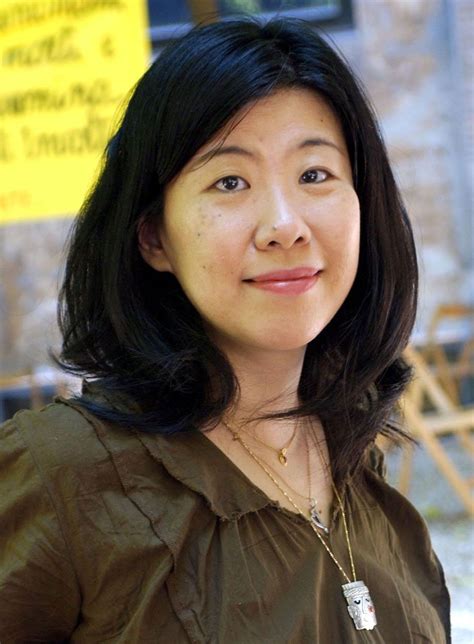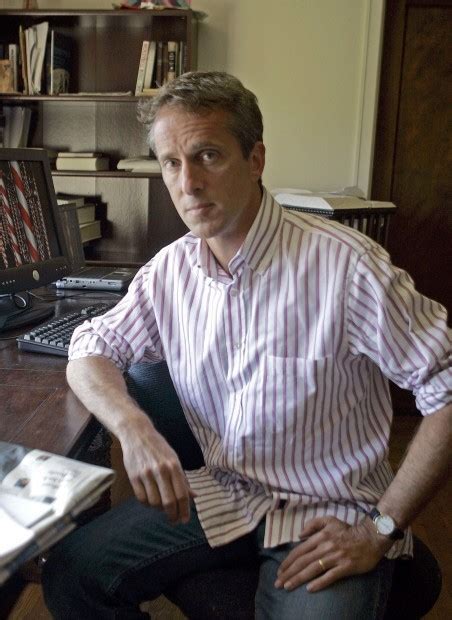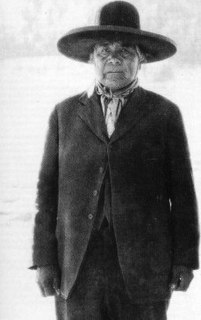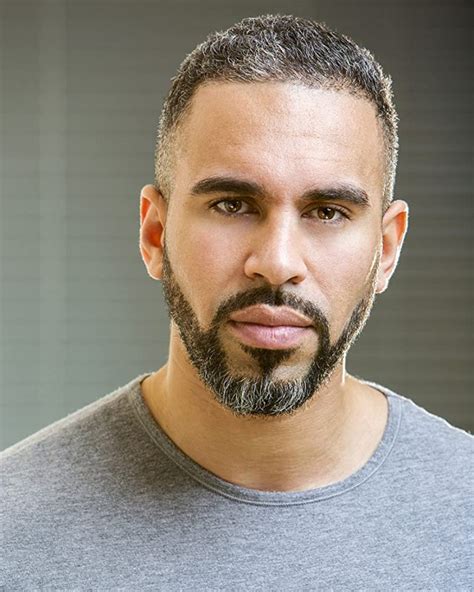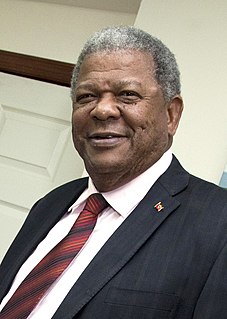A Quote by J.R. Ward
V jerked back to the present. And for some reason didn't lie. "I'm thinking about my tattoos." "When did you get them?" "Almost three centuries ago." She whistled. "God, you live that long?" "Longer. Assuming I don't get cracked dead in a fight and you fool humans don't blow up the planet, I'll be breathing for another seven hundred years.
Related Quotes
Nothing is real except the present, and already, I feel the weight of centuries smothering me. Some girl a hundred years ago once lived as I do. And she is dead. I am the present, but I know I, too, will pass. The high moment, the burning flash, come and are gone, continuous quicksand. And I don’t want to die.
In Britain, journalists often view comparisons with our society going back two, three, or seven centuries as more relevant than comparisons going back two, three, or seven decades. Drunkenness centuries ago is more illuminating than comparative sobriety 30 years ago. The distant past, selectively mined for evidence that justifies our current conduct, becomes more important than living memory.
As Jeremy Bentham had asked about animals well over two hundred years ago, the question was not whether they could reason or talk, but could they suffer? And yet, somehow, it seemed to take more imagination for humans to identify with animal suffering than it did to conceive of space flight or cloning or nuclear fusion. Yes, she was a fanatic in the eyes of most of the country. . .Mostly, however, she just lacked patience for people who wouldn't accept her belief that humans inflicted needless agony on the animals around them, and they did so in numbers that were absolutely staggering.
THERE IS NO mystery to happiness. Unhappy men are alike. Some wound they suffered long ago, some wish denied, some blow to pride, some kindling spark of love put out by scorn--or worse, indifference--cleaves to them, or they to it, and so they live each day within a shroud of yesterdays. The happy man does not look back. He doesn't look ahead. He lives in the present.
In the space of one hundred and seventy-six years the Mississippi has shortened itself two hundred and forty-two miles. Therefore, in the Old Silurian Period the Mississippi River was upward of one million three hundred thousand miles long, seven hundred and forty-two years from now the Mississippi will be only a mile and three-quarters long. There is something fascinating about science. One gets such wholesome returns of conjecture out of such a trifling investment of fact.
I don't think too much about the past when I am actually playing, I prefer to concentrate on the present. The performance of a piece, no matter how long ago or where it was written, is always a new production, something that comes alive in the present. And it doesn't matter if the piece was written two or three hundred years ago if it is alive in us.
Even when you spar for real and fight with full contact in training, you get hurt or you hurt someone and you see them trying to fight back. I want to inject as much reality as possible into fight scenes, even if some of the moves are slightly larger than life, if the emotion is there you'll then still be able to buy it. I recall seeing some films where people perform an acrobatic flip mid-fight and land with graceful precision and it's almost like watching Zorro... it's almost whimsical but you're no longer engaged.
People can't live with themselves much longer. The planet cannot live with humans much longer! We have the weaponry, destruction of the planet, pollution, destruction of forests, countless manifestations of humans using their intelligence in the service of the dysfunction, the madness. It's a strange juxtaposition. Humans are intelligent, but if you look at history or even watch TV, they're also incredibly stupid.
I think I could turn and live with the animals, they are so placid and self contained; I stand and look at them long and long. They do not sweat and whine about their condition; They do not lie awake in the dark and weep for their sins; They do not make me sick discussing their duty to God; Not one is dissatisfied-not one is demented with the mania of owning things; Not one kneels to another, nor his kind that lived thousands of years ago; Not one is responsible or industrious over the whole earth.
A few years ago, they [Neandertals] were thought to be ancestral to anatomically modern humans, but now we know that modern humans appeared at least 100,000 years ago, much before the disappearance of the Neandertals. Moreover, in caves in the Middle East, fossils of modern humans have been found dated 120,000-100,000 years ago, as well as Neandertals dated at 60,000 and 70,000 years ago, followed again by modern humans dated at 40,000 years ago. It is unclear whether the two forms repeatedly replaced one another by migration from other regions, or whether they coexisted in some areas
I was a bartender for a long time, so I know how to make drinks, but I'm more likely to offer them than to have them. I think this is one of the reasons why I get to live longer than my great-grandmother did, and why I get to produce more writing than she did, and why my marriage isn't in dire straits.






